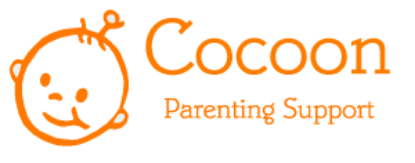|
Sometimes I’m asked why I teach baby massage courses - surely it’s not that hard to give your baby a massage! There is some truth in this statement – touch is something we all do naturally and while there is certainly no one right way to massage your baby, many parents find they learn things at a massage course that help with parenting and baby care in general. A key part of the First Touch infant massage course is learning to understand what the babies are saying. Babies use body language to communicate and I talk to parents about knowing the best times for interaction and play, when baby is overstimulated and even the best times for sleep. We start by asking the babies’ permission before we massage them and as they tell us what they enjoy, introduce more strokes to more parts of the body. Of course the babies don’t answer with words, but they do give many signals with their eyes, their breathing and their hands. We talk about those signs and parents learn to observe their own baby and can then respond to what their baby needs. In addition to learning the massage strokes, we have an opportunity to talk about the benefits of massage and how you might incorporate massage into your lifestyle, different oils and what to consider when choosing oils and how to alter the strokes as your baby grows and becomes more mobile. The classes are baby focused and structured so that babies can have a feed, cuddle, sleep, nappy change or even a cry if needed. When we meet the needs of the babies, things run much more smoothly – I have dolls available for parents to practice on when their own baby just doesn’t want to play! I always think the best part of attending a massage class is that you get to meet other parents and share your experiences. It’s a great excuse to get out of the house and do something that benefits you as well as your baby!
0 Comments
|
Author
Rachel is an International Board Certified Lactation Consultant (IBCLC), Certified Infant Massage Instructor (CIMI) and has undertaken training in infant sleep, child development and nutrition. She is also an accredited provider of primary care Triple P (positive parenting program) and volunteers with the Australian Breastfeeding Association. Archives
February 2016
Categories |

 RSS Feed
RSS Feed